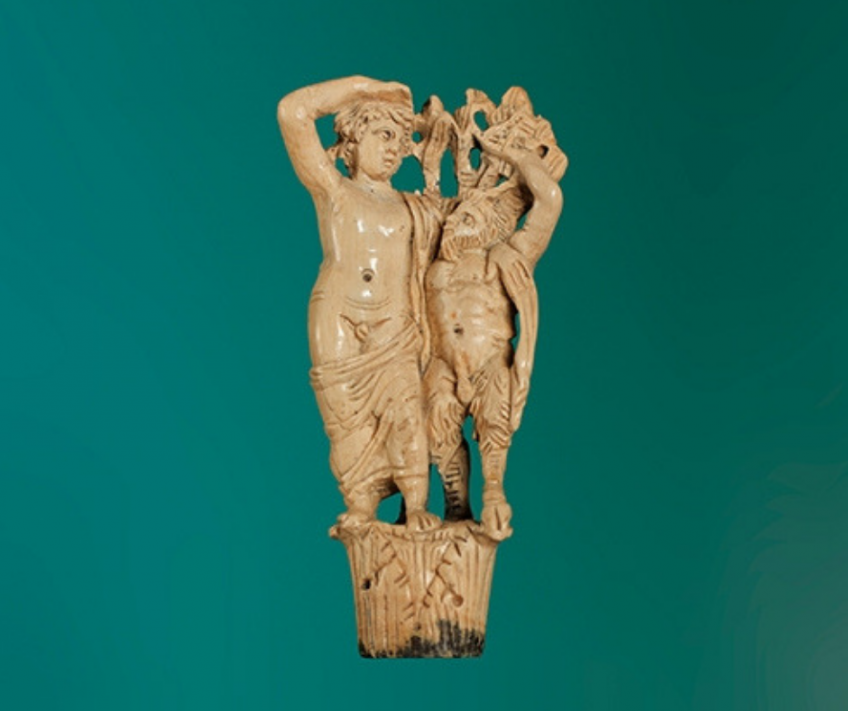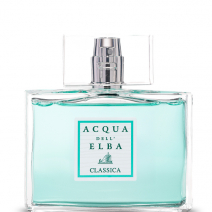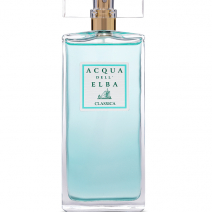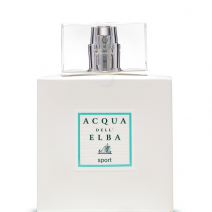
Those of you who know Acqua dell’Elba know that the precious statuette shown in this post is part of our DNA. Indeed, the idea of founding an artisanal perfumery in Marciana Marina was inspired by sailing close to Paolina’s Rock, the place where a Roman shipwreck from the 2ndcentury was found. Among many precious finds recovered in its hold was this elegant ivory lid, used for amphoras carrying perfume. This is precisely where Acqua dell’Elba’s story starts, and also the story we would like to tell you through this post.
THE SCENT OF HISTORY: A SACRIFICE MADE “PER FUMUM”.
In ancient Rome, the fashion for perfumes came after the conquest of Greece. That’s when Latins started appreciating the refined pleasures conveyed by the most precious essences used as personal accessories: before this moment, essences were only used in sacrificial ceremonies to the gods. They were burnt on the altars, so that the sacrifice could rise to the gods through the smoke: “per fumum” in Latin. In fact it seems this could be the etymology of the word “perfume”, which became so popular throughout the Roman Empire that emperor Tiberius felt compelled to complain in front of the Senate about the huge expenses incurred by Romans in order to always be enveloped in refined fragrances: 100 million sestertii every year.
THE SCENT OF HISTORY: THE PRODUCTION PROCESS
The process of distillation only arrived in Europe from the Arabic world after the year 1000, so in Ancient Rome the “unguentari”, the producers of perfume, would dissolve the essences within the “juice”, that is to say, they would dilute substances in which the aromas were left to soak. This meant the perfumes were mainly based on oils and greases, to be rubbed on the skin similarly to creams. Later on, a specific type of oil came to be used, extracted from unripe olives, and it is very likely that this was the type of perfume which was transported in amphoras such as the one recovered on the shipwreck in front of Elba.
THE SCENT OF HISTORY: ANCENT ROME ALREADY HAD INFLUENCERS
The use of perfume became increasingly popular among common people also because it was so widespread among the famous personalities of the time. Starting from Julius Caesar, whose favourite fragrance was called Telinum, carrying notes of Greek hay, sweet clover and marjoram. Cleopatra, on the other hand, preferred to produce her own perfume, which was called Susinum and was based on intense notes of lily. Our trip through the history of perfume will continue during the next weeks, taking us back to Tuscany.



